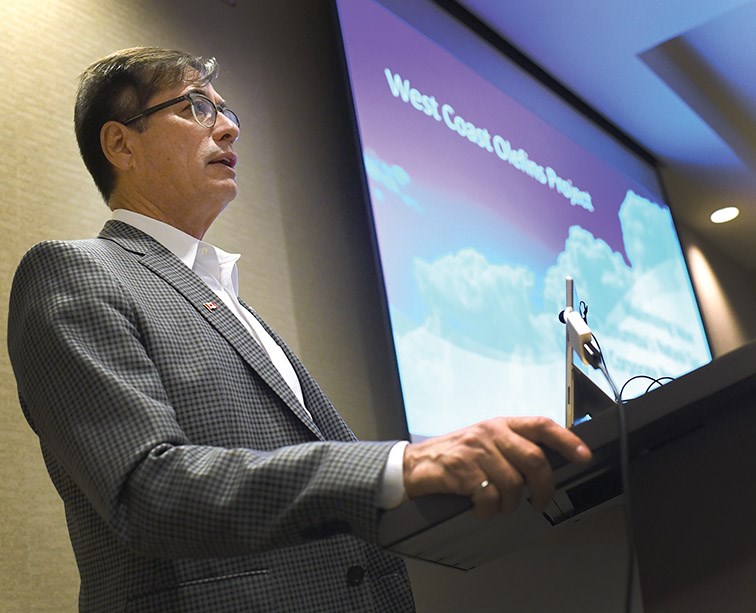You may remember during the years when Stephen Harper was prime minister, many stop signs were adorned with a sticker that said “Harper” after STOP. We need a new sticker to put under STOP to cover the faded “Harper.” We need to put the acronym “NIMBYism” which stands for “Not in my backyard” under the word STOP.
Anytime there is an announcement about a proposed development, some of those who are comfortable with the status quo fight hard against it. The reasons given range from the ever-popular but often unreasonable “It’s bad for the environment!” to “The location is wrong.”
Lately, there has been much attention paid to the need for more and better addiction treatment centres. If we hadn’t done the NIMBY thing, we would have at least one local woman’s centre up and running for a number of years already. Check out the 2011 Citizen article called “Rehab Whispers Confirmed:” A local doctor is quoted: "It has long been a dream of this community to have services like this right here at home in the North," said Dr. Michelle Sutter, spokesperson for the centre's board. "For far too long, Northern women have had to wait for months and travel to Vancouver to receive in house recovery services."
Well, it never happened. I wonder if the dream died at the hands of local citizens who are now angry that we are not doing enough for the increasing addicted and homeless population downtown?
The proposal from West Coast Olefins to build an NGL (natural gas liquids) recovery plant and eventually a plastics manufacturing plant is another example. The plastics plant especially would have provided jobs, build local industry and opportunity. With world-class environmental standards, we would produce a product we all use and need. Local folks against it cited concerns for the location as justification for shutting down the project. The proponent Ken James did himself and the project no favours, but if the project doesn’t proceed, the biggest losers are the people of Prince George.
There are solutions to solving the impasse, among them a different location for the plant, but my guess is someone, somewhere, will be inconvenienced, or have their view, soundscape or traffic impacted, and the disingenuous actors who have so far been able to attract public support under the guise of lobbying against a bad location will lobby against any location.
We would all like to have our little kingdoms undisturbed by change, but change will come in some form, whether we like it or not. It is up to us to determine the kind of change. Will Prince George become the Northern Capital that our people, geography and resources indicate we could be, or will we allow our refusal to change, adapt and improve the opportunities available to us result in the slow decay of the city?
Trudy Klassen is a Prince George writer.



